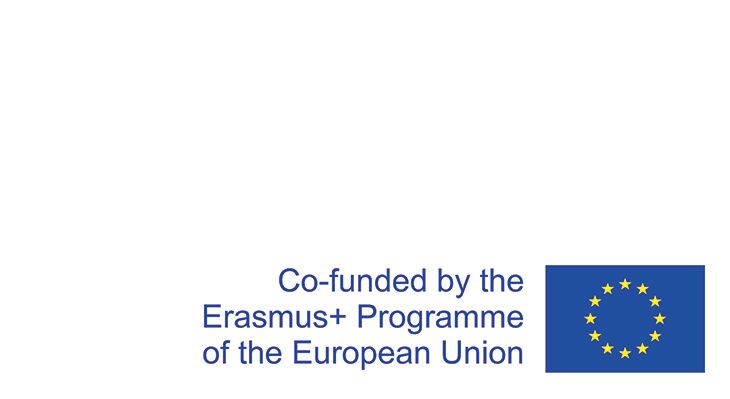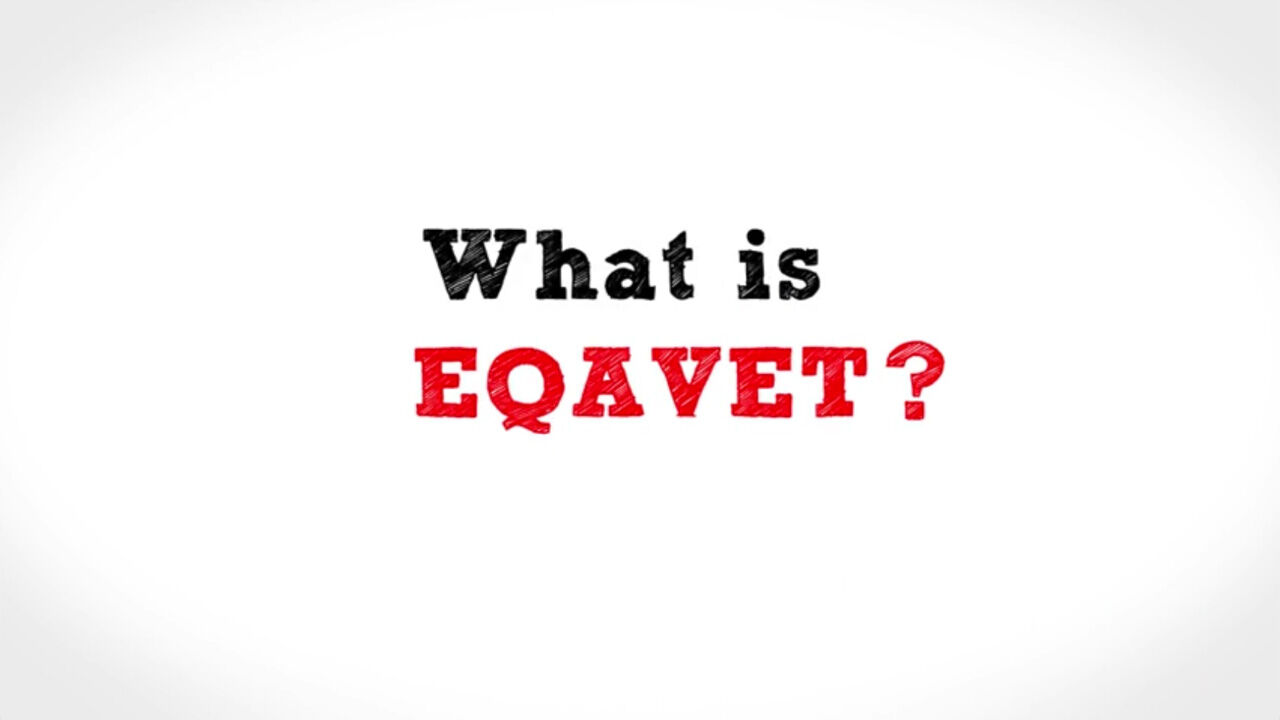About EQAVET
The National Reference Points are responsible for implementing the EQAVET Framework, bringing together all stakeholders at national and regional levels. Find out more ...

Commission proposal provides new working basis for EQAVET
At the start of the German Council Presidency (July 1, 2020), the Commission published an update of the 2016 Skills Agenda, which sees the promotion of the acquisition of workplace-relevant skills as a key means to drive environmental and digital transformation and recovery from the socio-economic impact of the COVID-19 pandemic. As one of a total of twelve key actions, the Commission simultaneously presented a proposal for a Council Recommendation on Vocational Education and Training, which urges accelerating reforms in vocational education and training and increasing its resilience in light of the pandemic.
This overarching "Council Recommendation on vocational education and training (VET) for sustainable competitiveness, social fairness and resilience" of November 24, 2020 has now been adopted by member states and replaces the EQAVET Council Recommendation of 2009.
The new Recommendation aims to advance the European cooperation process on vocational education and training (Copenhagen process) by setting out the vision for vocational education and training, formulating principles to be followed at national level, and defining supporting measures at European level and quantitative targets.
The relevance of quality assurance in vocational education and training is underlined
With regard to EQAVET, the November 2020 Council Recommendation underlines the thematic relevance of quality assurance in VET and the value of EQAVET as an instrument. This is reflected in the inclusion of the following points in the Recommendation:
- The integration of the modified EQAVET quality assurance framework (Annex II).
- The outlining of the tasks of the National Reference Points (NRPs).
- The introduction of the systematic use of peer review procedures at system level.
Modified EQAVET Quality Assurance Framework
The modified EQAVET Quality Assurance Framework, included in the Annex to the Council Recommendation on Vocational Education and Training, covers initial and continuing vocational education and training in all learning environments (school-based and work-based learning, among others) and in all types of learning (digital learning, face-to-face learning, and integrated learning). It also covers learning offered by both public and private providers and is based on common descriptors and indicators for quality assurance that relate to the system and provider levels.
The tasks of the National Reference Points (NRPs)
The so-called National Reference Points (NRPs) should further bring together all relevant stakeholders at national and regional level in order to - according to the text of the recommendation -
- take concrete initiatives to implement and further develop the EQAVET framework,
- inform and mobilize a wide range of stakeholders, including centers of vocational excellence, to contribute to the implementation of the EQAVET framework,
- Support self-assessment as a complementary and effective quality assurance tool, enabling the measurement of success and the identification of areas for improvement, including in relation to the digital maturity of VET systems and institutions,
- actively engage in the European Network for Quality Assurance in Vocational Education and Training,
- Provide an updated description of national quality assurance arrangements based on the EQAVET framework,
- conduct peer reviews1 on quality assurance at EU level to improve transparency and coherence of quality assurance arrangements and to strengthen trust among Member States.
1 "A peer review is a form of mutual learning on a voluntary basis with the aim of supporting the improvement and transparency of quality assurance arrangements at system level that do not lead to accreditation procedures, based on a specific methodology to be developed by the European Network for Quality Assurance in Vocational Education and Training." (Wording)

